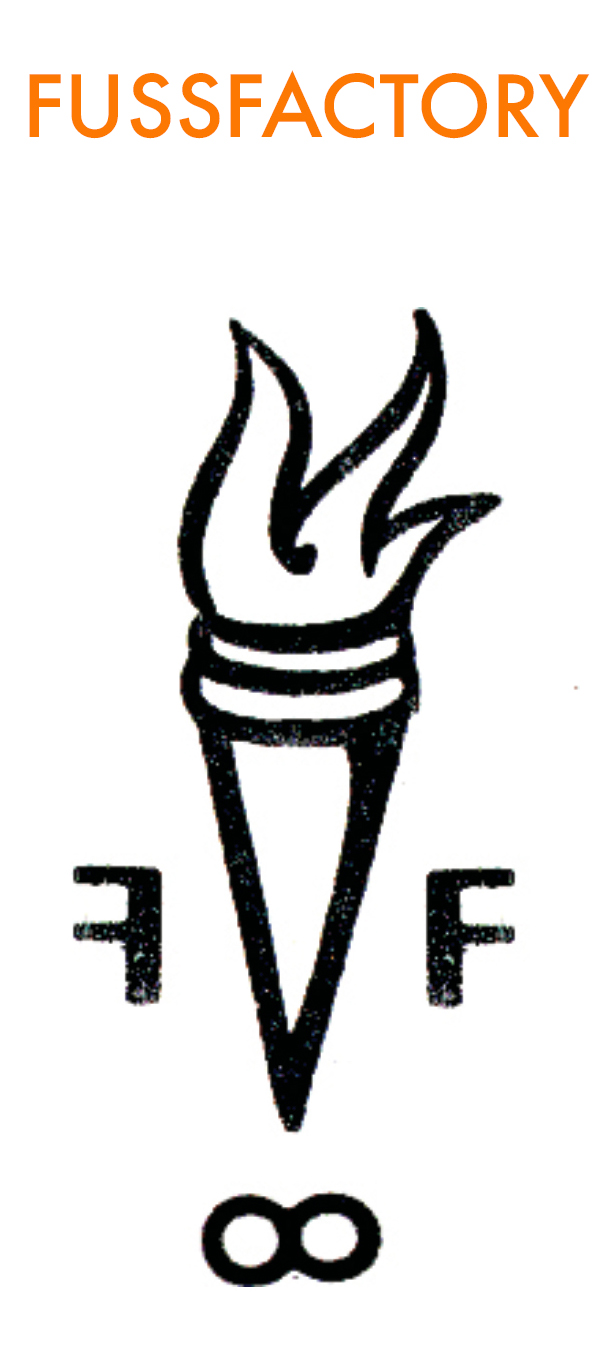#sparkchamber 070620 — Chris Wells
An amazing energy sweeps through the #sparkchamber today, as we welcome art preacher, Chris Wells. Lifelong theater maker as performer, writer, producer, in 2007, Chris founded The Secret City — a community of artists, creative types, and conscious people who seek a deeper engagement with the world. A secular Church of Art dedicated to connecting artists to community, and building community around the arts, Chris serves as host, producer, lead artist, storyteller, and head curator. Before the shutdowns, their live-performance events — in New York City, Los Angeles, the Hudson Valley and beyond — would radiate part creative mindfulness, part joyful happening.
Since the shutdowns, Chris has been offering daily artistic inspiration for troubled times, weekdays at noon ET/9am PT on Instagram and Facebook.
Chris also teaches — “Not really a writing teacher, but rather a creative midwife who helps people get to the core of their project and process.” His workshops — now offered exclusively online due to the pandemic — are designed for writers of all kinds at any stage. All that is required is a willingness to write. “With my teaching practice, I inspire folks to make the things they most want to make.”
Originally from Southern California, he now lives in Byrdcliffe, the historic art colony in Woodstock, NY with his husband, the painter Robert Lucy.
1.] Where do ideas come from?
Whoever answers this succinctly is lying.
2.] What is the itch you are scratching?
I keep a quote by Susan Sontag pinned above my desk: “I don't want to express alienation. It isn’t what I feel. I’m interested in various kinds of passionate engagement. All my work says be serious, be passionate, wake up.”
3.] Early bird or night owl? Tortoise or hare?
It varies. I’ve been a night-owl theater maker and an early-rising writer with a daily deadline. Deadlines are key. I’m an overdoer and a compulsive, so my work is a great place for me to focus my energy and attention and a really good way to stay out of despair.
4.] How do you know when you are done?
You’re never done. See Martha Graham re: divine dissatisfaction.




